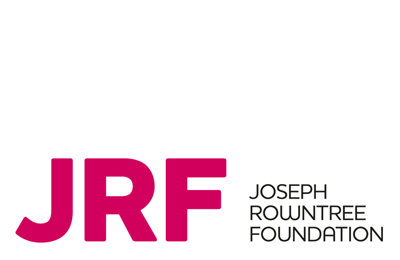This report examines the ‘poverty premium’ in energy – a phenomenon where those living below the poverty line pay more when they buy their gas and electricity than higher-income households.
The report draws on fieldwork with low-income consumers as well as analysis of the prevalence and costs of the premiums, and five policy events held across England and Scotland.
Evidence indicates that the average additional costs for individuals that experience the relevant premiums are:
- Not being on the best energy tariff: £308 premium.
- Using a pre-payment meter: £80.
- Paying to receive paper bills: £10.
- Not paying by direct debit: £76
- Being on a tariff that is unsuited to the consumer’s consumption patterns (Unknown)
- Not having access to cheaper forms of energy (Unknown)
Low-income consumers consider these additional costs to be iniquitous and unfair.
Chapter 3 describes the underlying factors that cause the poverty premium in energy to arise. Many of these factors are a function of living on a low income – for instance, consumers often prefer to pay their bills in ways other than direct debit because these alternative methods allow them to exert greater control on their limited budgets.Business practices and the costs of servicing low-income consumers also play a part. Cost-reflective premiums – for instance the additional costs of servicing consumers on pre-payment meters – though smaller than they were, still exist.
The report puts forward policies to reduce and eliminate the energy poverty premium. These are based on the SMF’s own analysis and informed by insights from a wide range of stakeholders engaged through the research. Including reforming the Warm Home Discounts and an auto-switch scheme.

